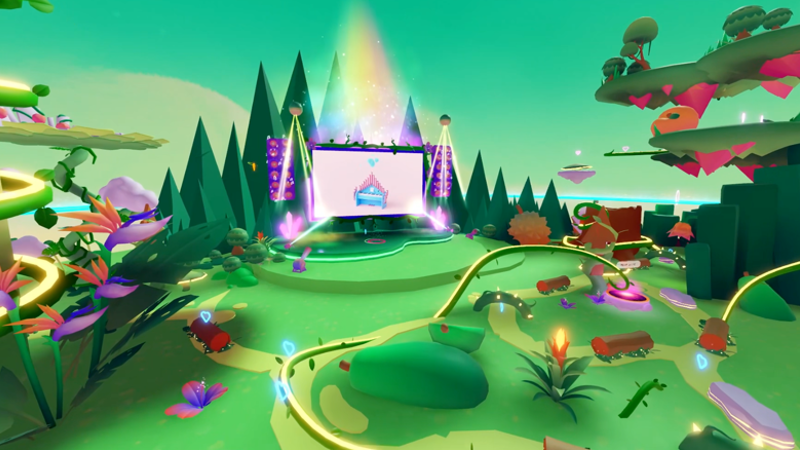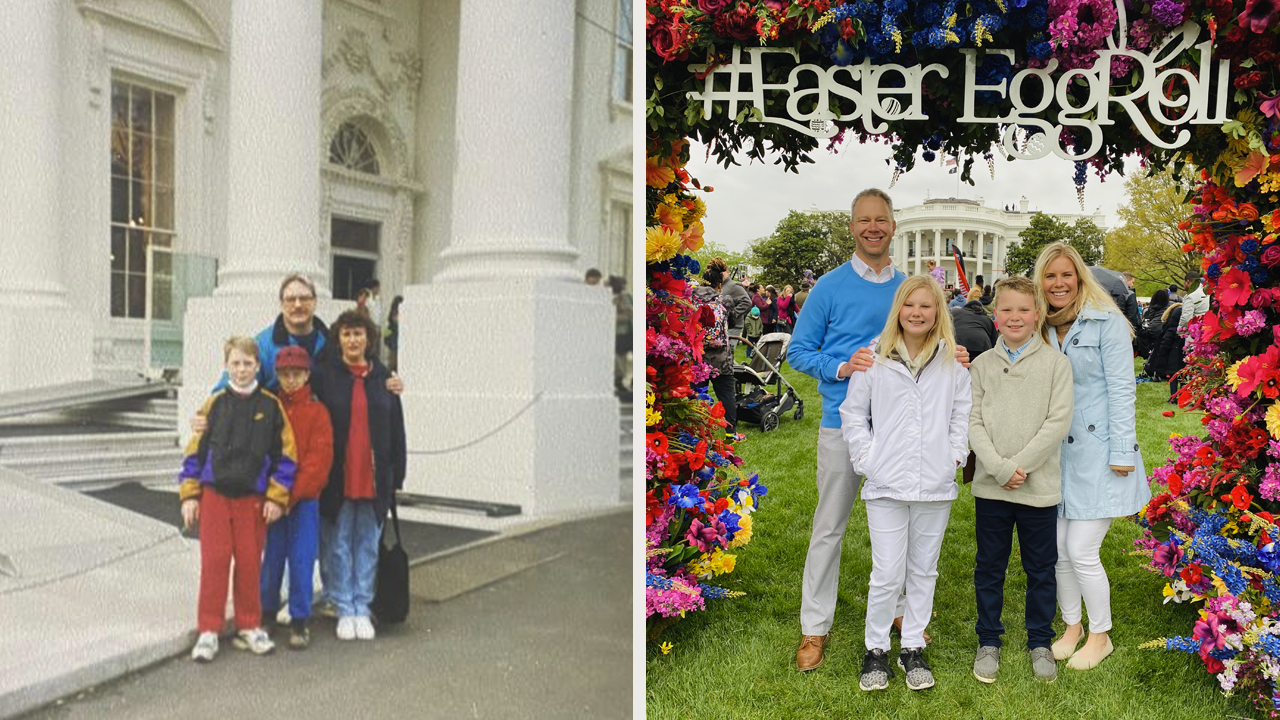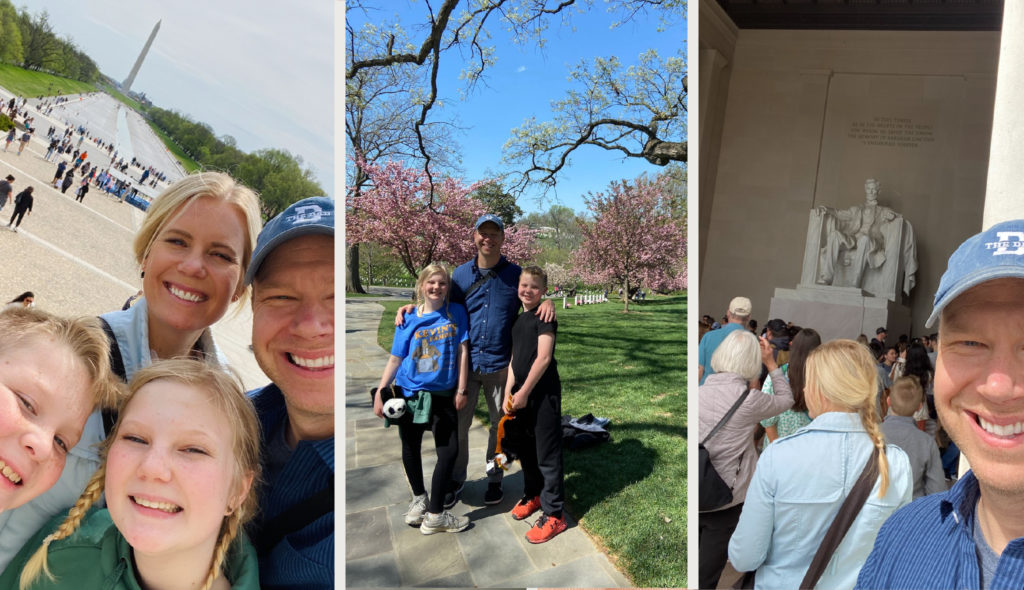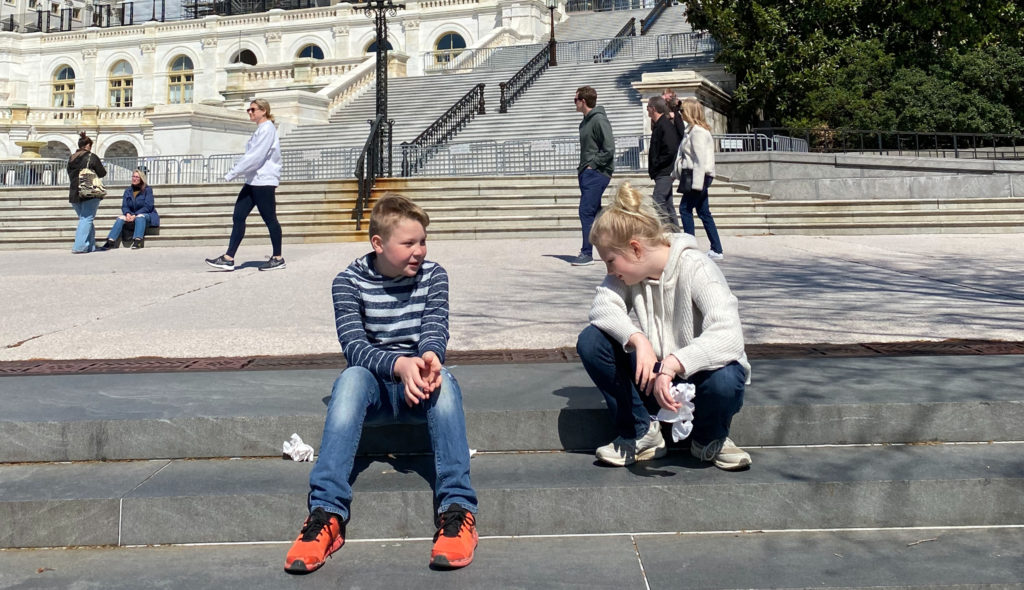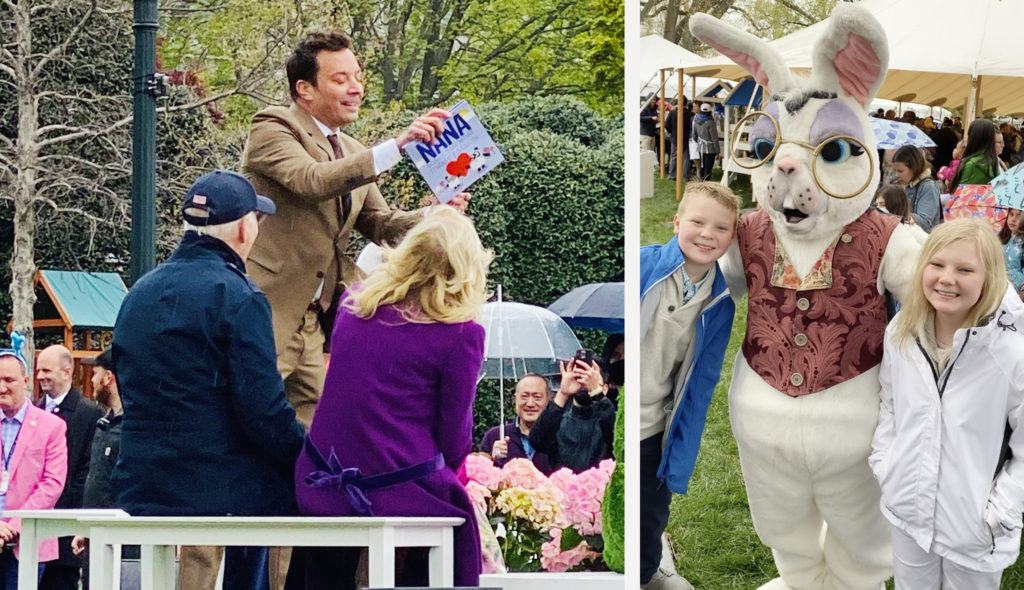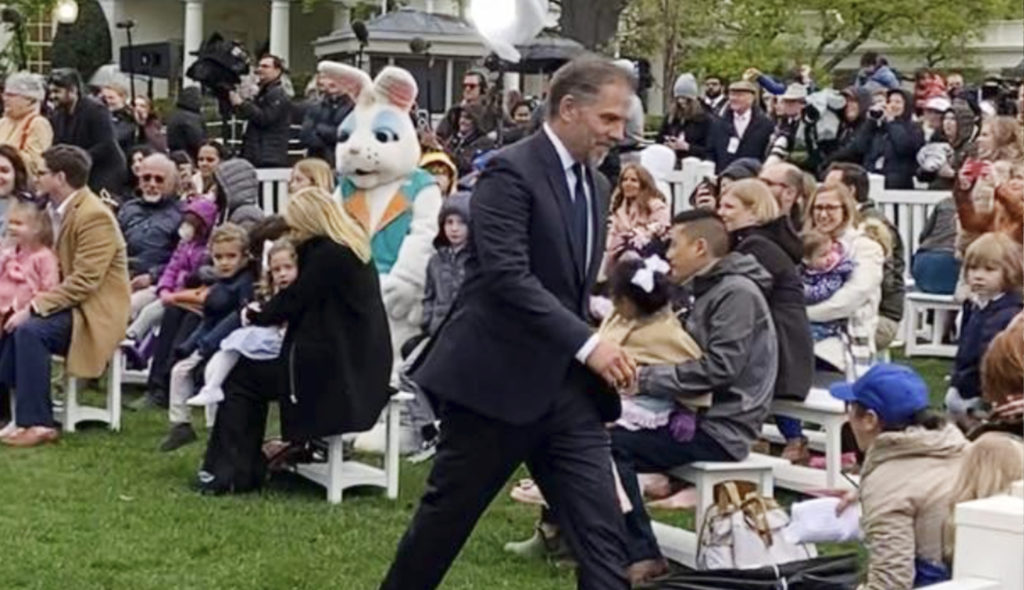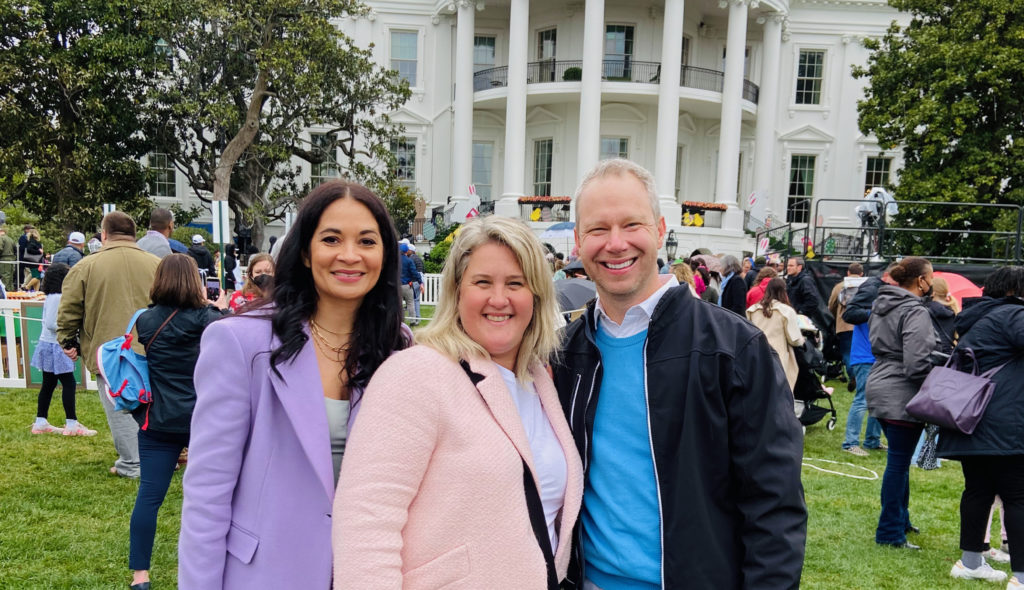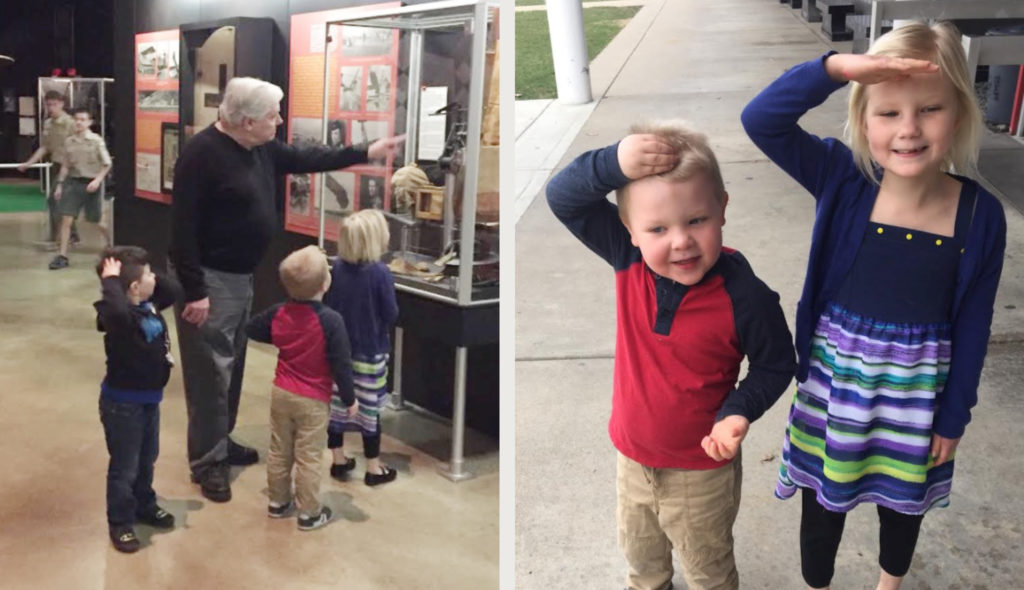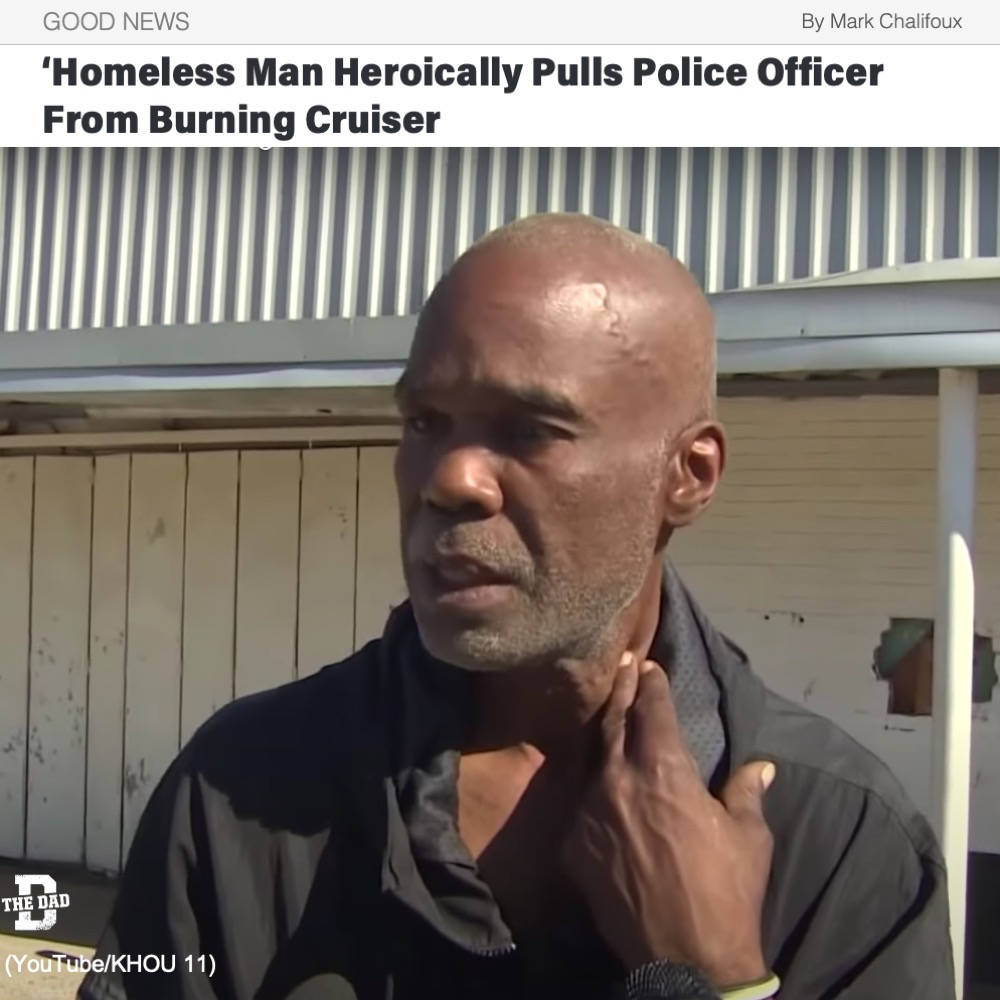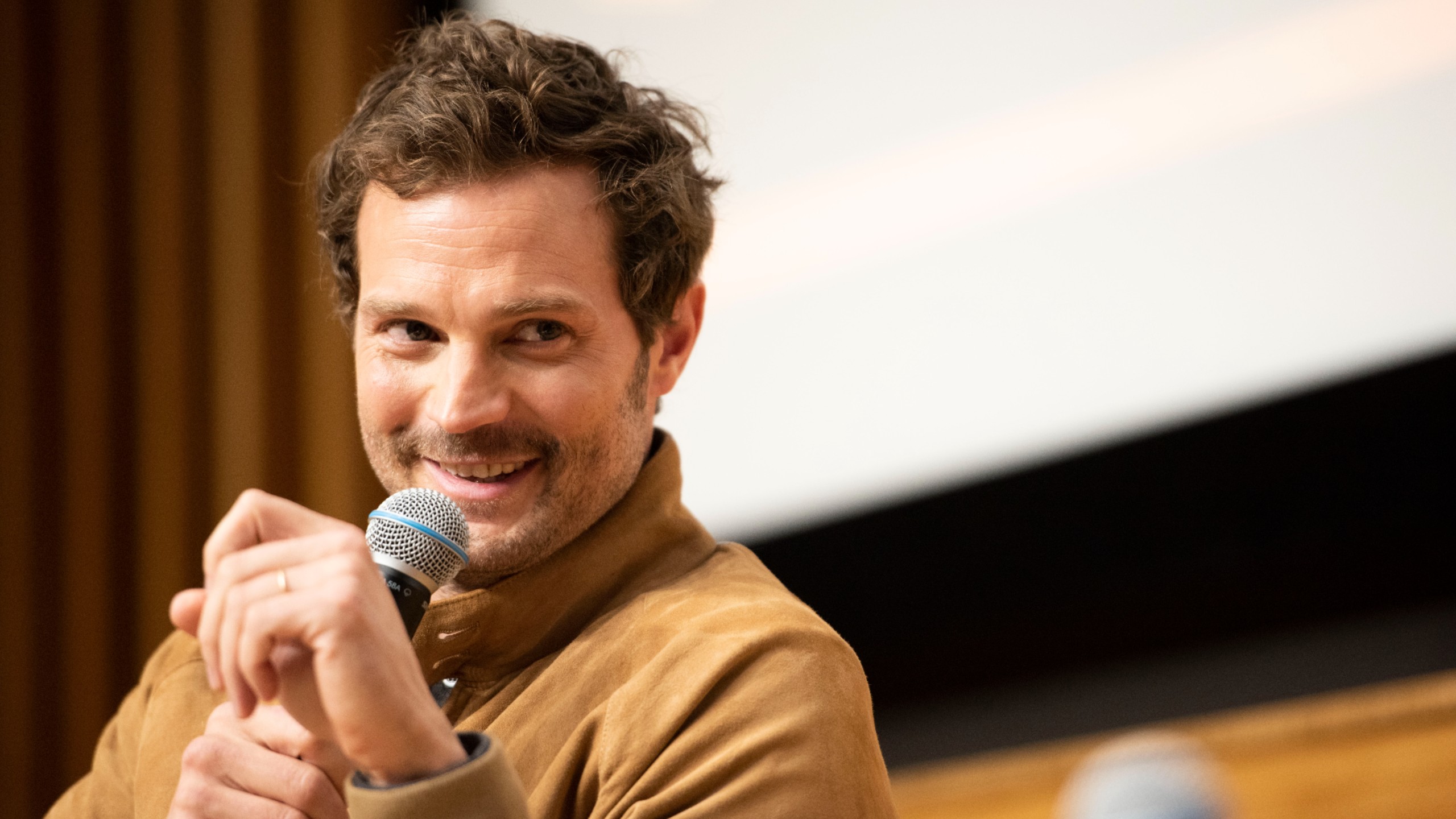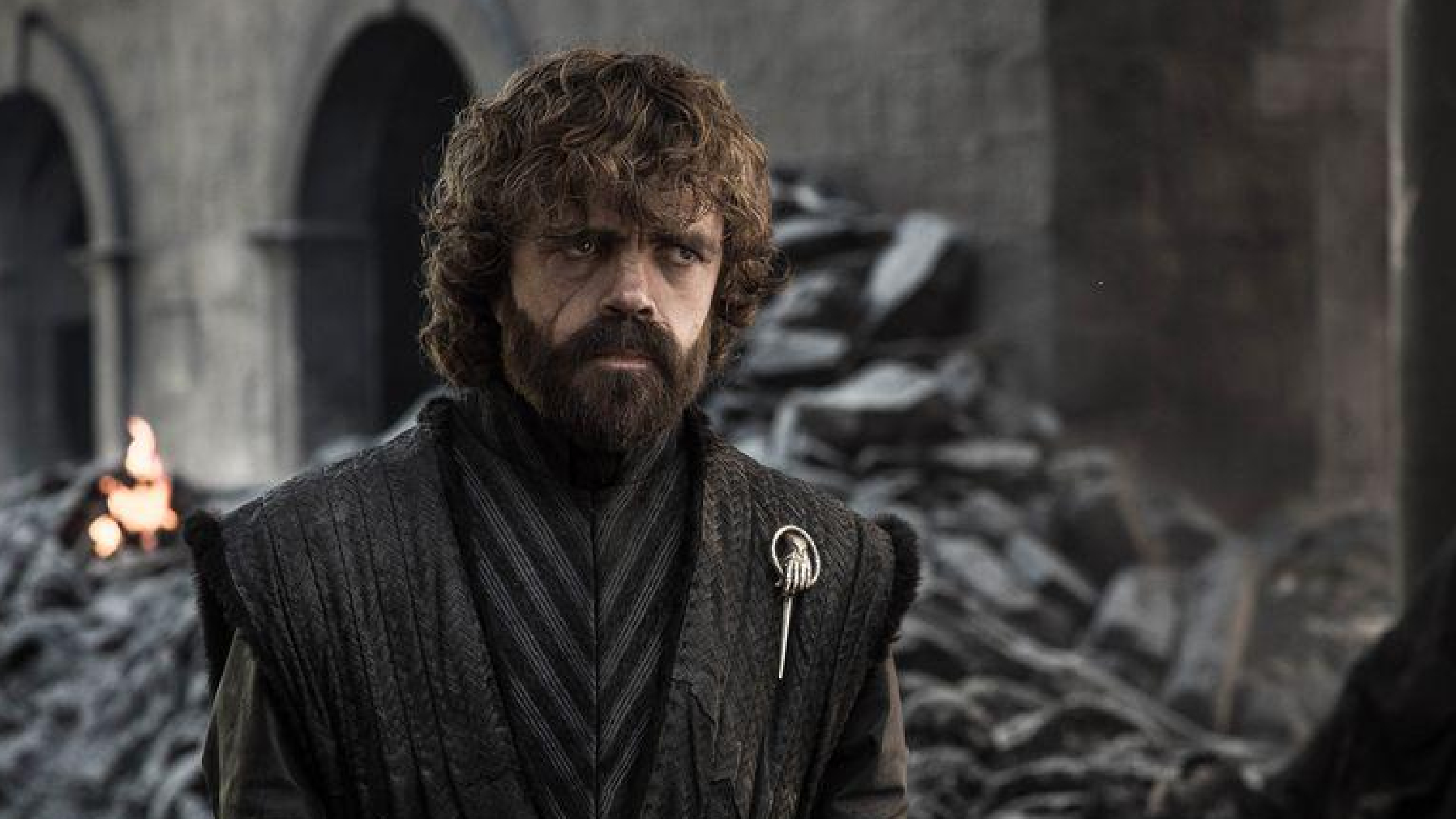
(*Note: The author wishes it to be known that the original title for this piece was “A Modest Protrollsal.” The title was changed due to the current editorial board’s irrational hatred for obscure puns)
The Trolls are happy. It’s their defining characteristic. They are so happy that consuming one makes you deliriously happy. So happy that it has seeped into their physical essence, like cheap vodka into a gummy bear.
But they aren’t born that way. The movie makes it clear that happiness isn’t some hereditary trait. It isn’t something you have, it’s something you do. Poppy and the others are so incredibly happy because they practice it, they devote time to it. Hugs every hour, songs every 5 minutes, parties every night. This is how they spend their days.

Meanwhile, what are the Bergens doing? The Prince is living a life of luxury, it’s true, but those around him are anything but idle. Chefs prepare meals, maids clean, guards stand watch. Behind the scenes too, the Bergens are industrious. Gristle and Brigette visit a pizza parlor and a roller-rink. We see storefronts, billboards, magazines! The Bergens are working! They are keeping the lifeblood of the economy flowing, toiling for the betterment of society. They aren’t unhappy because of some innate melancholy nature, they simply don’t have the time to devote to its practice!
And why should they? Time is a worker’s most precious resource, and an instant, renewable, efficient method of obtaining happiness is right there for the taking. Why raise, shelter, and feed the cow when you get the milk for free? As far as we know, the ruling Bergen class has provided this resource, free of charge, to every man, woman, and child, from the moment it became available, to shortly after the film begins, when the Trolls revolt and escape the confines of Bergen Town. From the Bergen’s perspective, the system was working.

One could also argue that it was working from the Troll’s perspective too. They were free to live lives of absolute indulgence, seeking happiness however and whenever it suited them. Infrastructure, insurance, irrigation; such things did not trouble them, the Bergens would take care of it. The Trolls’ work, their contribution to the grand ongoing project of civilization, was merely to increase their own happiness as much as they could. In exchange for this Dionysian freedom, certain among them would be required to pay the ultimate price to spread this happiness among those who were working elsewhere, contributing to the betterment of all in other ways. Just as the baker sells his bread in order to buy clothes, the Bergens sell their work to buy happiness, and the Trolls sell their happiness in order to avoid work.

But this isn’t quite right. The mutually beneficial marketplace described above does not exist in Trolls, at least, not at the beginning of the movie. Instead, statist concerns (namely King Gristle Sr., and later King Gristle Jr.) throttle efficiencies by placing regulations and restrictions on trade. There are several examples of this through the movie, but the most egregious one is that neither the Trolls nor the Bergens are free to choose a profession that best fits their talents. All Trolls are designated Happiness Creators and all Bergens must find positions in the traditional labor market. This is ludicrous, economically speaking. In order to fully realize the most efficient balance between Happiness and Labor, both Trolls and Bergens must be free to select professions.
A perfect example of this inefficiency can be found in one of the film’s leading characters, Branch. For the majority of the movie, Branch has no interest in increasing his stock of happiness. He seeks solitude, mopes, and does not enjoy utilizing dancing or any other tools of happiness production. Instead, he builds and stocks an impressive safety bunker. This bunker is by far the most impressive structure we see a Troll create, and is not only fully stocked with food and water, but also contains a system for storing and filtering bodily fluids and a system of automated elevators unlike anything else we see in either the Troll settlement or Bergen Town itself. Clearly, his natural talents and inclinations lie more in the fields of innovation and construction than happiness generation. If he were able to join the traditional labor market, it would transform him from underperforming Troll into Galtian superhero. Allowing him the freedom to choose a different profession would also introduce the fruits of his talents to enter the general marketplace, where they could contribute to the betterment of all.

We can also assume, although we do not see them, that there exist Bergens who’s natural inclination would make them much more efficient Happiness Generators than traditional laborers. It could even be argued that Brigette is such a Bergen. She certainly shows much more talent for this field than any other Bergens we meet.
Therefore, while Branch is confined to the unsuitable role of Happiness Generator, we must assume there is at least one equivalent Bergen for whom the inverse is true. Although Branch is not consumed during the course of the narrative, it must be true that, given his actions, the quality and quantity of happiness he places on the common market is much lower than the average Troll, to whom happiness creation comes naturally. It logically follows, therefore, that if there is any single Bergen who is able to create happiness at the rate of the average Troll, Branch’s confinement to this role serves to decrease not only the total happiness available on the open market but the total labor available to purchase also.
We can only hope that, given the newly forged alliance between Troll and Bergen that we see at the end of the film, Trolls 2 brings us scenes of the two species working together to form a new society. A society in which a Troll can choose to use his labor to buy and consume the happiness of a Bergen, and a Bergen can choose to sell her happiness to purchase a life free of toil.
(Of course, given the natural tendencies of each species, and also their relative sizes, one can assume that a free market situation would still predominantly feature the consumption of Trolls by Bergens rather than the inverse)

